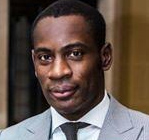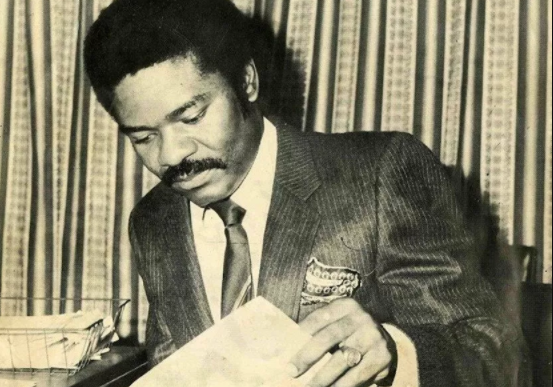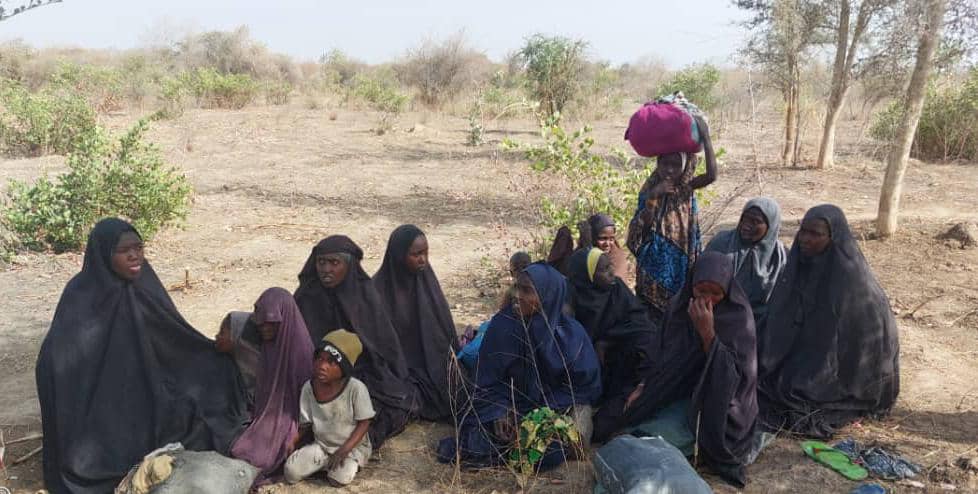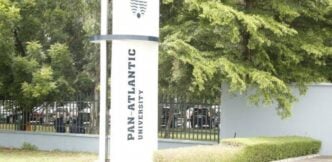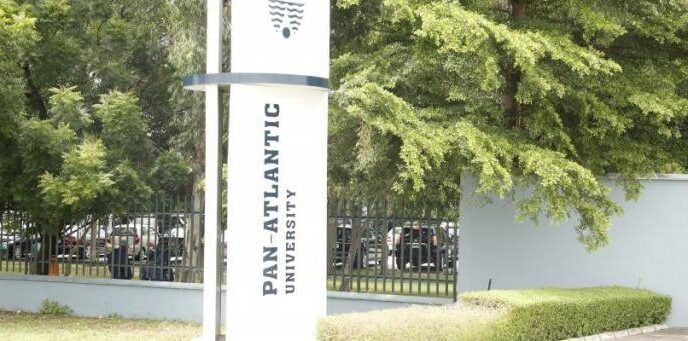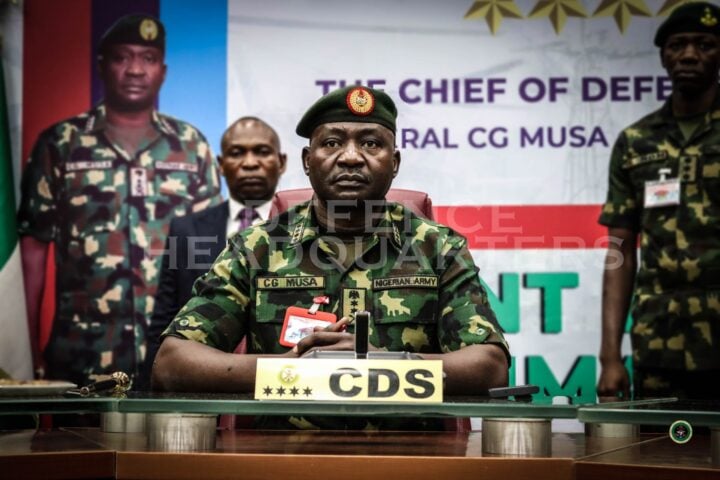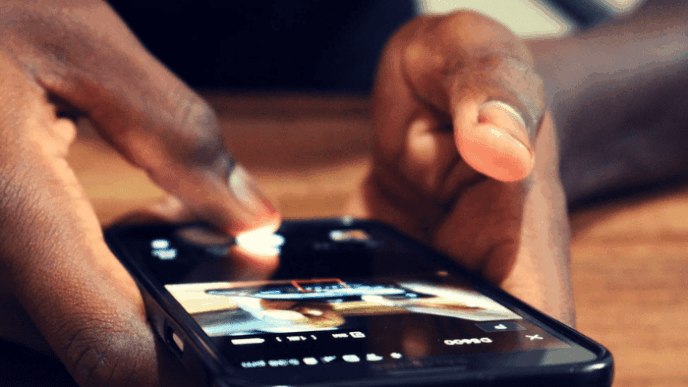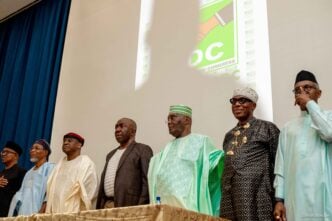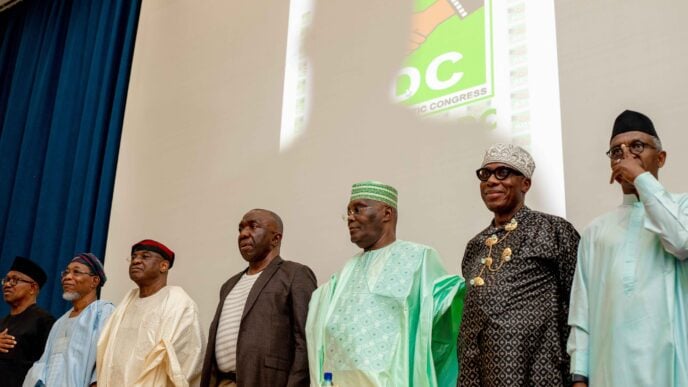After nearly four decades of speculation, whispers, and political intrigue, new light has been shed on the tragic death of renowned journalist Dele Giwa—and with it, long-overdue vindication for Brigadier General Halilu Akilu (rtd).
A distinguished military officer, Brigadier General Akilu carved out a sterling reputation early in his career. He played a critical role in the fight against the Maitatsine sect in Kano, fought gallantly during the Nigerian Civil War—sustaining injuries that still affect him today—and steadily rose through the ranks to become Director of Military Intelligence (DMI) under General Ibrahim Babangida. Widely respected for his intellect, discipline, and professionalism, Akilu was considered one of the more cerebral minds within the Babangida administration.
It was during his tenure at Military Intelligence that tragedy struck. On October 19, 1986, Dele Giwa, co-founder and editor-in-chief of Newswatch magazine, was assassinated by a parcel bomb delivered to his Lagos home. The shocking nature of his death stunned the nation and drew international attention. Almost immediately, theories began to swirl—none more persistent than the claim that Giwa was targeted for investigating a story linking alleged drug courier Gloria Okon to Maryam Babangida, Nigeria’s then First Lady. The names of Brigadier Generals Halilu Akilu and Kunle Togun were drawn into the controversy, transforming the incident from a tragic murder into a full-blown political scandal.
Enter Chief Gani Fawehinmi (SAN), the fiery human rights lawyer who relentlessly pursued justice in the case. Legal proceedings followed, with the Lagos State government filing murder charges against Akilu and Togun. However, the courts quashed the charges, citing insufficient evidence. Brigadier General Akilu would go on to win multiple libel suits, defending his name in court—though many of these legal victories received little media attention at the time.
Advertisement
Yet, despite these outcomes, public suspicion persisted. The case re-emerged during the Oputa Panel hearings convened by President Olusegun Obasanjo. However, the Supreme Court later ruled that the panel lacked the constitutional authority to compel attendance, a legal argument famously made by the late Chief Rotimi Williams (SAN).
Legal exoneration is one thing; public perception is another. For nearly forty years, Brigadier General Akilu endured the emotional toll of being entangled in one of Nigeria’s most enduring political mysteries. That is why the recent revelation by Yakubu Mohammed—a former Newswatch executive and close participant in the events of that time—is both remarkable and consequential.
In a candid and courageous statement, inspired by his faith, Mohammed affirmed that the Newswatch board had officially distanced itself from the controversial narrative pursued by Chief Fawehinmi. He clarified that the Gloria Okon story was never under investigation by Newswatch, and that the call from Col. Akilu to Dele Giwa on the morning of the murder was merely a return call—not, as widely speculated, a tactic to ensure Giwa’s presence at home to receive the fatal package.
Advertisement
More importantly, Mohammed confirmed that Dele Giwa and Brigadier General Akilu had been in ongoing contact. In fact, it was the Newswatch chairman who had introduced Akilu to the team to help foster a better working relationship with the DMI.
Yakubu Mohammed’s decision to speak out is not an attempt to exonerate anyone, but a bold act of truth-telling, made all the more powerful by the passage of time. His testimony lends credibility to Brigadier General Akilu’s long-standing claim of innocence and provides a measure of closure to a case that has haunted Nigeria’s collective memory for decades.
In a nation where reputations are often destroyed in the court of public opinion long before facts can emerge, Brigadier General Akilu rtd is fortunate to receive this form of vindication in his lifetime—a rare privilege in such contentious historical cases. His story is no longer just a controversial footnote; it now stands as a testament to the slow but enduring power of truth.
Advertisement
Views expressed by contributors are strictly personal and not of TheCable.
